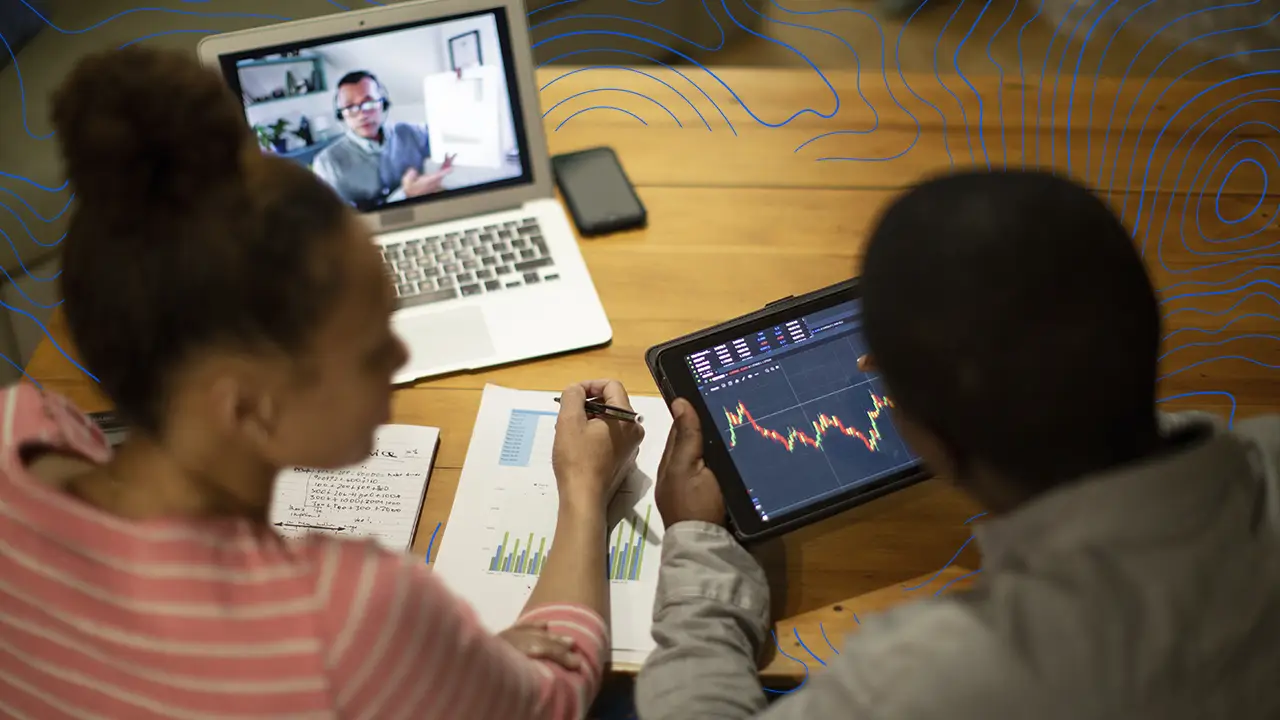Forex is the term used to refer to foreign exchange, which is how one currency is changed to another. People may make this exchange for several reasons, including but not limited to commerce, tourism, and trade. Read on to understand what forex trading entails.
Forex Trading 101
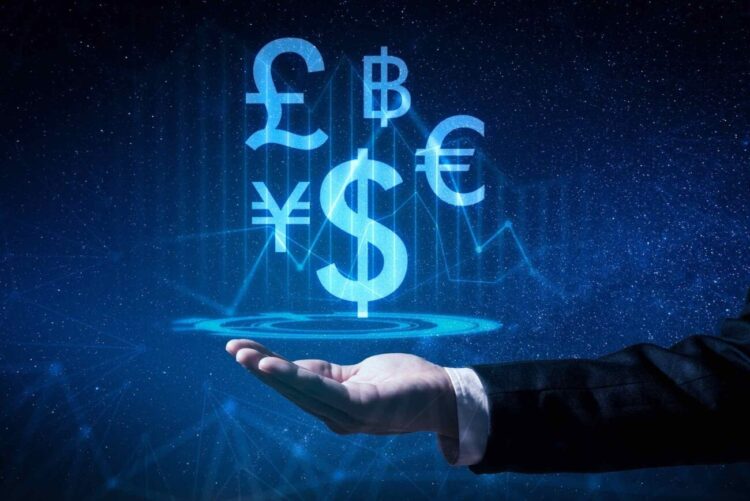
The act of trading currencies has the potential to be risky. While there are many regulations in place that have been brought forth by the interbank market, not all forex instruments are standardized. This means that there are instances of forex trading being completely unregulated in certain parts of the world.
The aforementioned interbank market consists of several banks that trade across the globe. The banks here are each responsible for determining and accepting sovereign risk and credit risk and have to establish internal processes to keep them as safe as possible.
Helpful Advice For Starting Forex Trading
Over the past few years, forex trading has become quite popular, and everyone, at least a little bit financially savvy, has become interested in the subject. If you also want to know some tips on FX trading that will help you make extra bucks from home in your free time, then you have come to the right place. Remember that even though you can treat this as a side income, it needs a lot of research and attention. You cannot become rich overnight, as most misunderstand. Many take considerable risks to make quick profits but lose all their money. So, if you want to make serious money here, you have to do it carefully.
Steps To Start Forex Trading
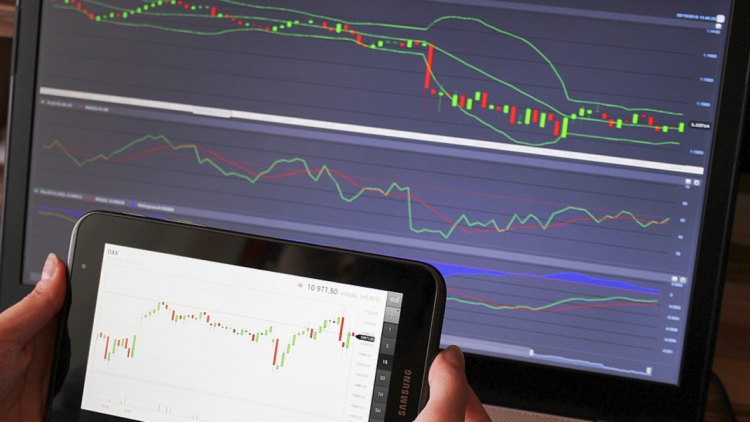
Similar to equity, you can begin your forex trading journey by following the below steps.
Familiarize Yourself With Forex
Although forex trading is not complicated, it is an entirely different endeavour requiring you to have ample knowledge. For instance, the leverage ratio of forex trades surpasses that for equities. Another example is that factors that drive the movement of currency prices differ from those that drive equity markets. There are ample free resources online aimed at educating you on forex online.
Create A Brokerage Account
You will require an account at a brokerage to partake in forex trading. The brokers in the realm of forex trading do not charge commissions. They derive their income via spreads (also called pips) between the buying and selling prices. As a beginner, you should consider creating a micro account with low capital requirements. These accounts host variable trading limits and permit brokers to have their trades amount to as low as 1,000 units of a given currency. This is significantly low as standard accounts ordinarily trade 100,000 units of currency. With a micro-forex account, you can acquire a greater level of ease and understanding of forex trading before taking a bigger leap into this form.
Developing A Trading Strategy
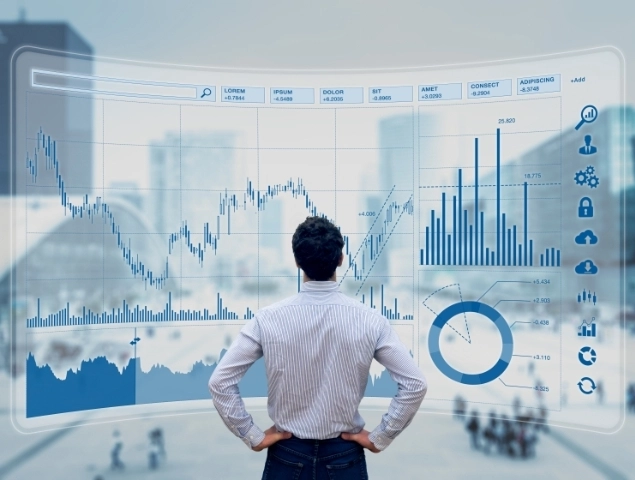
Predicting the time and movement of the market isn’t always possible, which is why it is essential to have a strategy up your sleeve. For this strategy to be most viable, it should consider the reality of your funds and your current situation. It is aware of the funds you can afford to spare to trade and the amount of risk you can afford to incur.
Always Be Aware Of Your Digits
Once you commence your journey, you must always be mindful of your positions at the end of each day. Several trading software already have provisions that allow you to keep daily tabs on your trades. It is vital to ensure you have sufficient funds to carry out future trades.
Emotional Equilibrium Is Vital
As a beginner, it is easy to get swayed by your emotions; however, it is crucial not to harp on unanswered questions that can lead you down a web of confusion that can make you make unwise trading decisions. You must learn to maintain emotional equilibrium in the face of both profits and losses.
How Profits And Losses Are Calculated?
Next up, you have to gain a solid understanding of how profits and losses are calculated. Currencies are traded in pairs, with changes in exchange rates often referred to in pips, which are the last few decimal places of the quotation. These are then multiplied by the lot size or the number of units you bought or sold. If the math sounds complicated, don’t worry because brokers typically provide profit/loss calculators on their platforms or websites that you can easily use.
You can delve into technical indicators to supplement your economic analysis. Most forex platforms offer a wide range of technical indicators you can apply and customize, depending on your trading strategy, on top of regular financial updates that you can use in gauging which currencies are stronger or weaker. These indicators can show you whether trends are set to continue or reverse or if support and resistance levels might hold or break.
Of course, where there is an opportunity, there is also risk. It is the risk of losing the money you’ve invested into your trading account on each trade. The markets are unpredictable and can move very fast, so if you want to trade forex now, it’s essential to have a risk management plan in place before depositing any funds or taking any forex trade setups. If it’s your first foray into trading, we suggest you start with a demo account to get a feel of its trading platform, understand how orders are executed and put your trading strategy to the test.
Conclusion
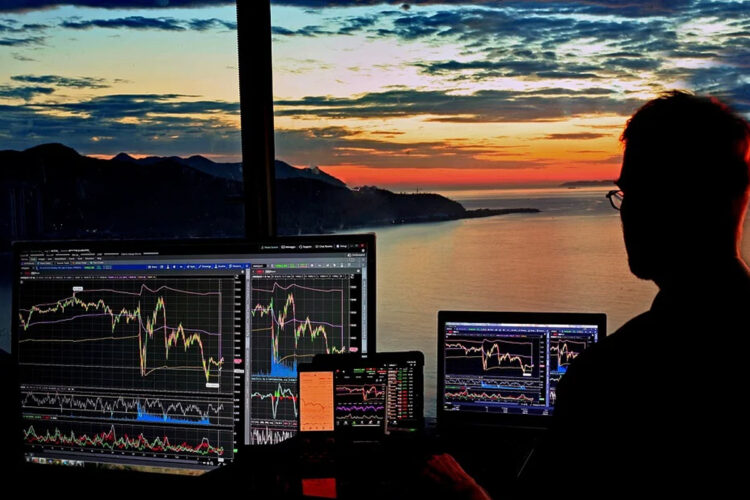
The world of forex trading and the market is exciting and offers potential rewards to those willing to take risks. Always read the fine print and perhaps start with a micro forex trading account with your broker if you are new to it. Always have a viable strategy up your sleeve such that you don’t spend beyond your means and only take on risks that your portfolio can tolerate.

